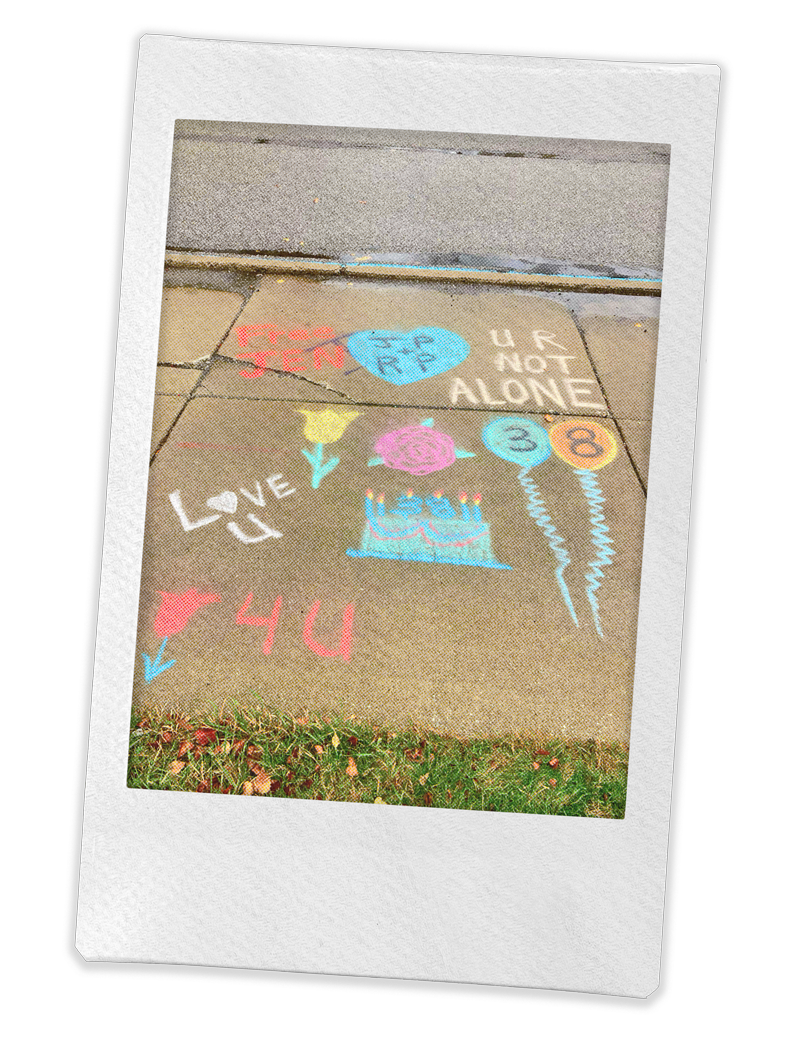We all have a right to hug our family.
Every year, millions of children can’t hug their parents because of corporate greed. Jails across the United States have stopped allowing children to visit their parents, forcing families to pay hundreds of millions of dollars to companies for expensive phone and video calls.
These privately-owned companies have a monopoly on jail communication contracts and are part of a multi-billion dollar industry backed by private equity funds. In hundreds of jails, the companies pay sheriffs a percentage of the profits. In turn, sheriffs do things to maximize their profits, like cutting off any form of free human contact and keeping jail populations—and therefore call revenues—high.
As a result, children can no longer hug their parents, sit with them and talk, hold their hands, play with them, or even look them in the eye. Families belong together, in person, not separated by screens. What is this unprecedented level of family separation, almost all of which is happening to the poorest families in our society, costing our communities?
Profiteering off family separation is wrong.
This exploitation of a child’s need for connection is just one example of the cruelty and big business of mass incarceration. It is also a symptom of a larger, less-discussed practice throughout the legal system—the forcible separation of families. While many people are familiar with the horrific separations that happen at the border, the fact is that the government separates families every day in our own backyards by jailing parents. There are nearly 2 million people currently incarcerated in the U.S., a fourth of whom have not been convicted of a crime. Most incarcerated people are also parents. In fact, 6% of children in this country—a whopping 4.5 million kids—will have an incarcerated parent at some point in their lifetimes. The percentage is even higher for poor, Black, and Native children. This separation has profound impacts on children’s and parent’s mental and physical health and on public safety as a whole.
“That video visitation is going to work. A lot of people are going to swipe that Mastercard and visit their grandkids.”
- Jamie Curtis, Genesee County Board Chair in 2012
Video calls are not visits.
Mass incarceration has become routine and profitable—courts, prosecutors, police, and jailers are desensitized to its devastating impact on families. Family separation is the daily consequence of the pervasive issues within the criminal legal system, like biased and incompetent police work, cash bail that punishes poverty, a lack of adequate lawyers for the poor, prosecutors and judges not following the law, and profit-seeking companies influencing jail regulations. This is unacceptable.
We are fighting for a child’s right to hug their parents.




